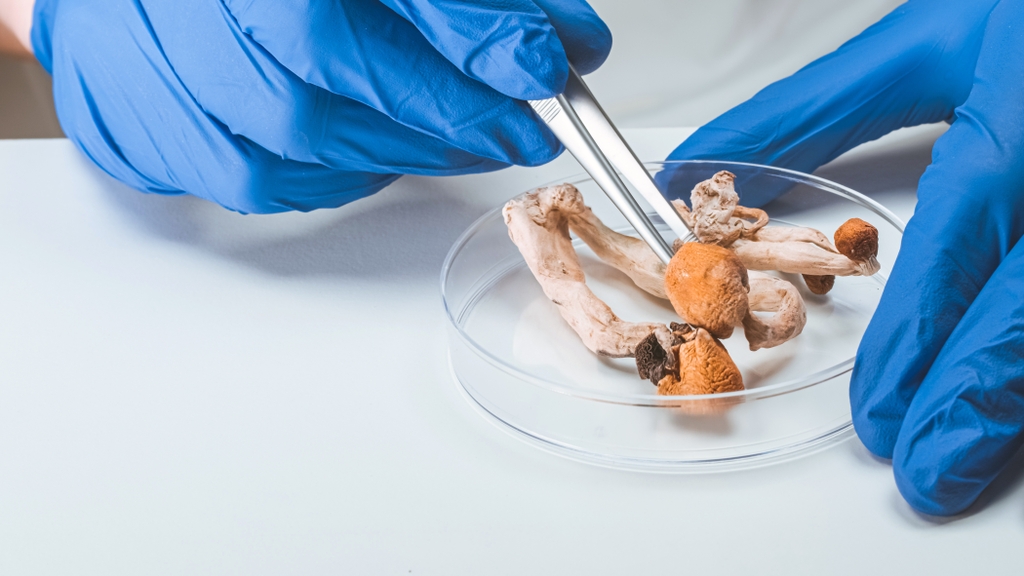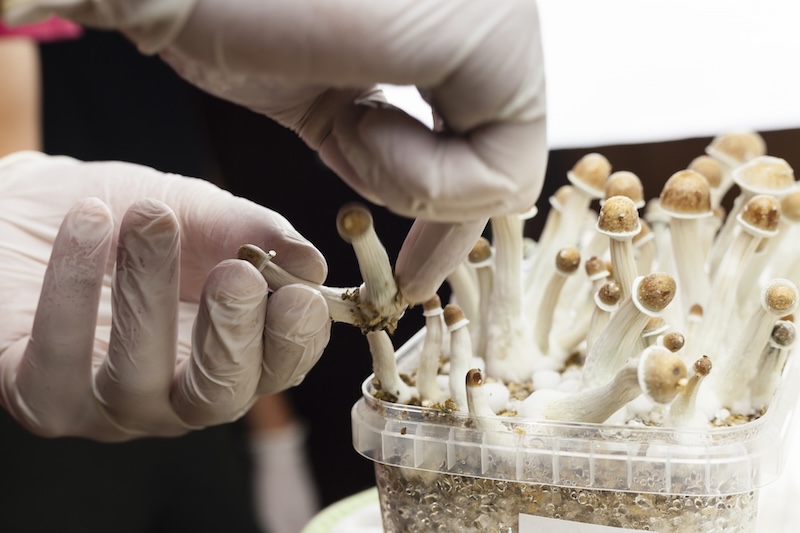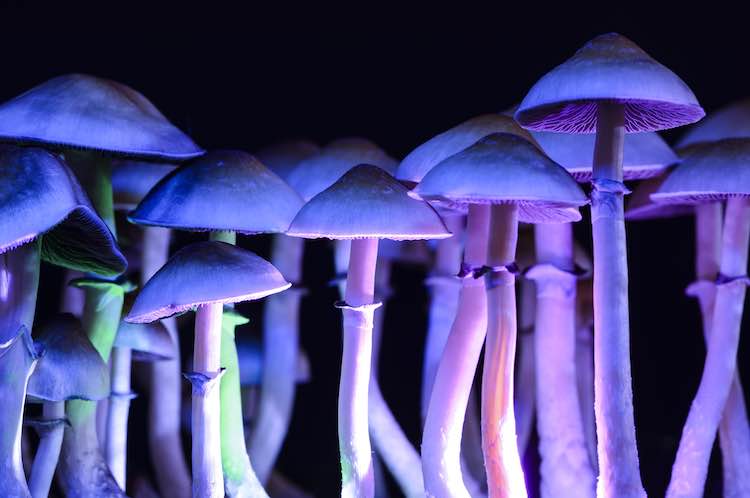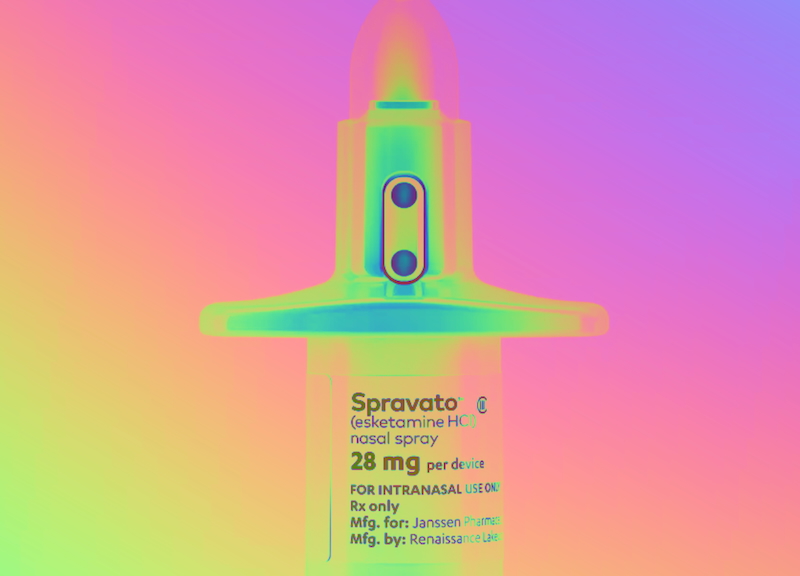Education is the cornerstone of human development, shaping minds and societies alike. Traditional learning methods have long been the standard, but as we venture further into the 21st century, there is a growing interest in innovative approaches that could transform education. One such unconventional avenue is the exploration of psilocybin, a naturally occurring psychedelic compound. This blog delves into the speculative yet intriguing possibilities of how psilocybin could influence future educational practices and learning methods.
Understanding psilocybin’s effects on the brain

Psilocybin is known for its profound impact on the human brain, primarily through its interaction with serotonin receptors. This interaction can lead to significant changes in perception, cognition, and emotion. Key areas affected by psilocybin include:
- Neuroplasticity: Psilocybin has been shown to enhance neuroplasticity, which is the brain’s ability to reorganize itself by forming new neural connections. This capability is crucial for learning and adapting to new information.
- Default mode network disruption: Psilocybin can disrupt the brain’s default mode network (DMN), leading to a state of “ego dissolution.” This state often results in increased connectivity between different brain regions, fostering novel thinking and problem-solving.
- Enhanced emotional processing: Research indicates that psilocybin can enhance emotional processing and empathy, which are vital components of social learning and interpersonal skills.
Speculative connections between psilocybin and education
Given psilocybin’s profound impact on the brain, it is worth exploring how these effects could be harnessed to revolutionize educational practices. Here are some speculative ideas:
- Enhanced creativity and problem-solving:
- Classroom innovation: Psilocybin could foster a learning environment that encourages creativity and out-of-the-box thinking. Students under controlled, low-dose conditions might engage more deeply with creative subjects like art, music, and literature.
- STEM education: In science, technology, engineering, and mathematics (STEM) fields, psilocybin’s ability to enhance neuroplasticity and disrupt conventional thought patterns could lead to innovative problem-solving approaches and novel scientific discoveries.
- Emotional and social learning:
- Empathy and collaboration: Psilocybin’s potential to enhance emotional processing could improve students’ empathy and social skills, making collaborative projects and peer learning more effective.
- Conflict resolution: Schools could integrate psilocybin-assisted sessions (under strict supervision) to help students develop better conflict resolution skills and foster a more harmonious learning environment.
- Personalized learning experiences:
- Tailored education plans: With psilocybin’s ability to enhance cognitive flexibility, educators could design more personalized learning experiences that adapt to the unique needs and learning styles of each student.
- Mindfulness and mental mealth: Incorporating psilocybin-assisted mindfulness practices could help students manage stress, improve concentration, and enhance overall mental well-being, leading to better academic performance.
Potential benefits for educational practices
The integration of psilocybin into educational practices could offer several significant benefits:
- Enhanced learning outcomes:
- Improved memory and retention: By enhancing neuroplasticity, psilocybin could help students retain information more effectively, leading to better academic performance.
- Deeper engagement: Psilocybin’s impact on perception and emotional processing could make learning experiences more engaging and meaningful.
- Innovative teaching methods:
- Experiential learning: Psilocybin could promote experiential learning approaches, where students learn through direct experiences and hands-on activities, making education more interactive and impactful.
- Interdisciplinary learning: By fostering creativity and novel thinking, psilocybin could encourage interdisciplinary learning, breaking down the traditional barriers between subjects.
- Holistic education:
- Emotional and social development: Beyond academic achievements, psilocybin could support the holistic development of students, emphasizing emotional intelligence, empathy, and social skills.
- Lifelong learning: Psilocybin’s potential to enhance cognitive flexibility could instill a love for lifelong learning, encouraging students to continuously seek knowledge and personal growth.

Ethical and practical considerations
- Ethical Implications:
- Consent and autonomy: Ensuring that students and their guardians provide informed consent is paramount. The voluntary nature of participation must be emphasized.
- Age appropriateness: Carefully considering the appropriate age group for psilocybin-assisted learning practices is essential to ensure safety and efficacy.
- Regulatory and safety concerns:
- Legal frameworks: Navigating the complex legal landscape surrounding psilocybin use will require collaboration with policymakers, educators, and medical professionals.
- Safety protocols: Establishing strict safety protocols and providing professional supervision during psilocybin-assisted sessions are vital to prevent misuse and ensure student well-being.
- Research and validation:
- Scientific studies: Conducting rigorous scientific studies to validate the efficacy and safety of psilocybin in educational settings is essential before widespread implementation.
- Pilot programs: Implementing small-scale pilot programs in controlled environments can provide valuable insights and inform broader adoption strategies.
Future directions and research
As interest in the potential of psilocybin for educational enhancement grows, several future directions and research opportunities emerge:
- Interdisciplinary research:
- Collaborative studies: Encouraging collaboration between neuroscientists, educators, psychologists, and ethicists to explore the full potential of psilocybin in education.
- Longitudinal studies: Conducting long-term studies to assess the sustained impact of psilocybin on learning outcomes, cognitive development, and emotional well-being.
- Innovative educational models:
- Experimental schools: Establishing experimental schools that integrate psilocybin-assisted learning practices under strict supervision and research protocols.
- Curriculum development: Designing curricula that incorporate psilocybin’s benefits in enhancing creativity, emotional intelligence, and interdisciplinary learning.
- Policy and advocacy:
- Public engagement: Engaging with the public to raise awareness about the potential benefits and ethical considerations of psilocybin in education.
Advocacy for research funding: Advocating for increased funding and support for research into psilocybin’s educational applications.
Conclusion
The intersection of psilocybin and education represents a speculative yet promising frontier for transforming learning methods and educational practices. By exploring how psilocybin can enhance creativity, emotional intelligence, and cognitive flexibility, educators and researchers can unlock new possibilities for student development. While there are significant ethical and practical challenges to address, the potential benefits of psilocybin-assisted learning are vast, offering a more holistic, engaging, and effective approach to education.




